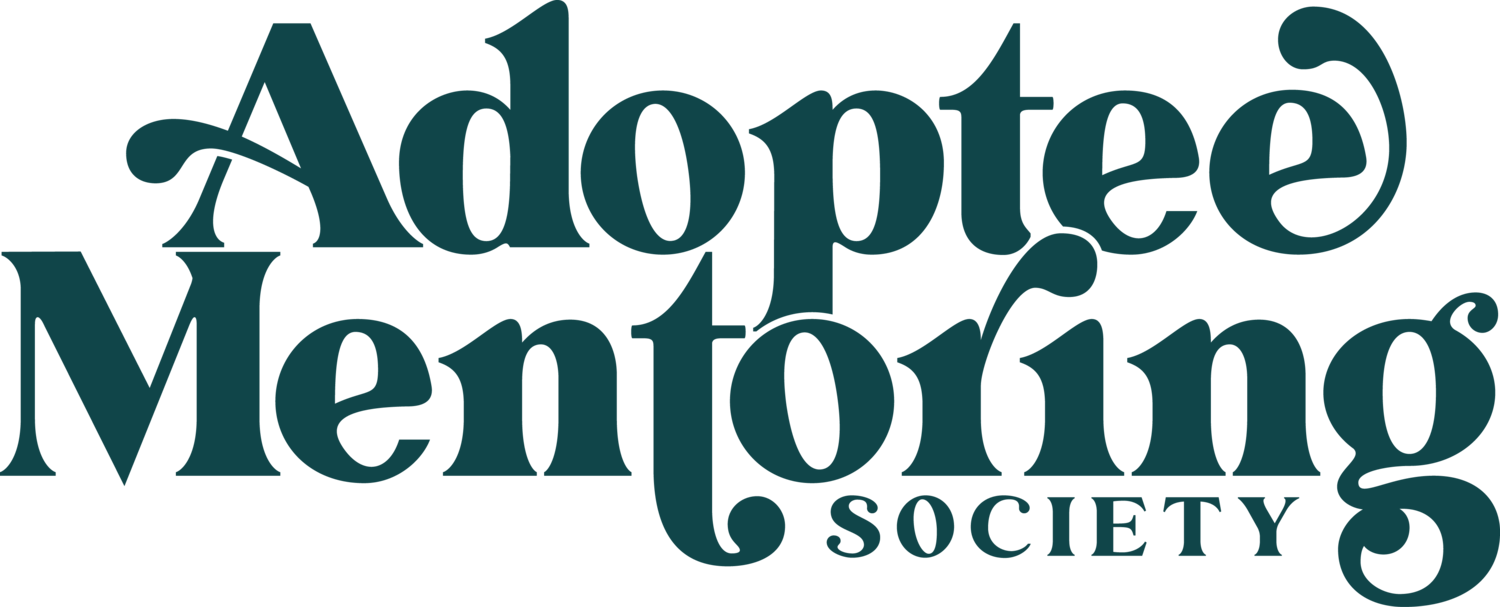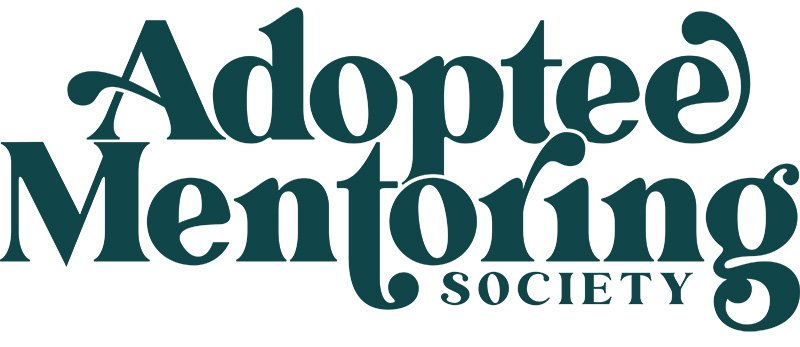On Thriving
Written by Ricky Ferrari Traner
The phone rings. I sit anxiously awaiting an answer with sweaty, shaky hands. I am both relieved and disappointed when the call goes to voicemail. Abruptly losing my nerve, I hang up without leaving any message. My mind and my stomach wrestle with a mix of shame, relief, anxiety, and disappointment. Almost immediately my phone rings. Answering, the person on the phone says, “Hello?” I hesitate for what feels like hours. The caller says again, “Hello?!” I finally find my words and say, “Hello?” With a hint of annoyance, the caller says, “Hello?! Who is this?” With surprising swiftness, I reply, “This is Ricky. Is this Cindy?” The caller says, “Yes. Who are you again?” I responded, “My name is Ricky. And I am your son.”
At 16 months old, I was forcibly removed from my biological mother’s care by protective services. My mother, who was 16 years old and just gave birth to their third child (and fifth pregnancy), had neglected me to the point where my malnourished, infant body was considered a “failure to thrive.” The term “failure to thrive” is a medical term for what occurs when a child’s development or growth stops. I was placed in foster care with a White family in my urban community. With their care, I recovered swiftly. At five years old, I was adopted by my foster parents when my biological mother’s parental rights were formally terminated.
The conversation described above occurred twenty-three years later and was the first time I had any interaction with anyone in my biological family since I was removed.
With my adoptive family, I was able to thrive and grow as a member of our community. This acceptance, however, was conditional as I was one of only a couple Black children in our predominantly white community. The overt and covert racism, colorism, and classism I periodically faced was eclipsed by the compassionate, steadfast and occasionally defiant support of my adoptive family.
My adoptive parents made no effort to reconnect me with my biological family or the Black community. Though I harbored no ill-will toward my biological parents, I am a little embarrassed to admit that I gave little thought to my biological family or Black culture. Therefore, my choice to reconnect was not out of a lifelong need to know about “who I was,” or “where I came from,” because I was confident in my identity…or at least that is what I thought when I made the call to my biological mother.
If I am being honest with myself, that call and all the reconnections with my biological family members that followed helped me see that I had failed to thrive culturally. Physically and socially, I thrived in every way that was expected of a member of my middle-class society (college, work, friendship, etc.). Additionally, my upbringing gave me the financial and emotional confidence that helped me in the reunification process.
However, despite all the love, support, and compassion of my adoptive parents, I came to realize that growing up culturally isolated and alienated had a negative effect on my identity as a Black man. Through my interactions with my biological sibling, parents, and extended family, I came to better understand my Black identity as well as build on my self-confidence. Seeing people with the same nose, postures and experiences gave me a sense of ease that I had not otherwise experienced.
To be clear, the journey that started with, “My name is Ricky, and I am your son,” was filled with good, bad, and confusing moments. Despite this, however, the enrichment I gained from my reunification has helped me to thrive in new ways every day since.




